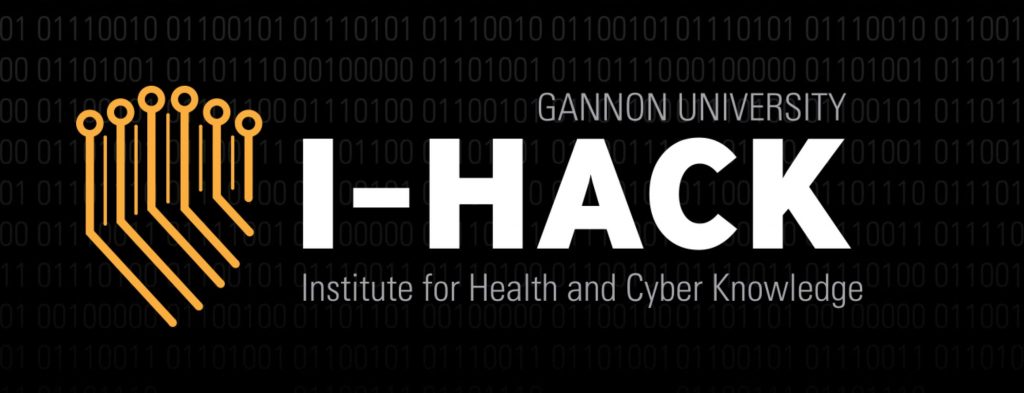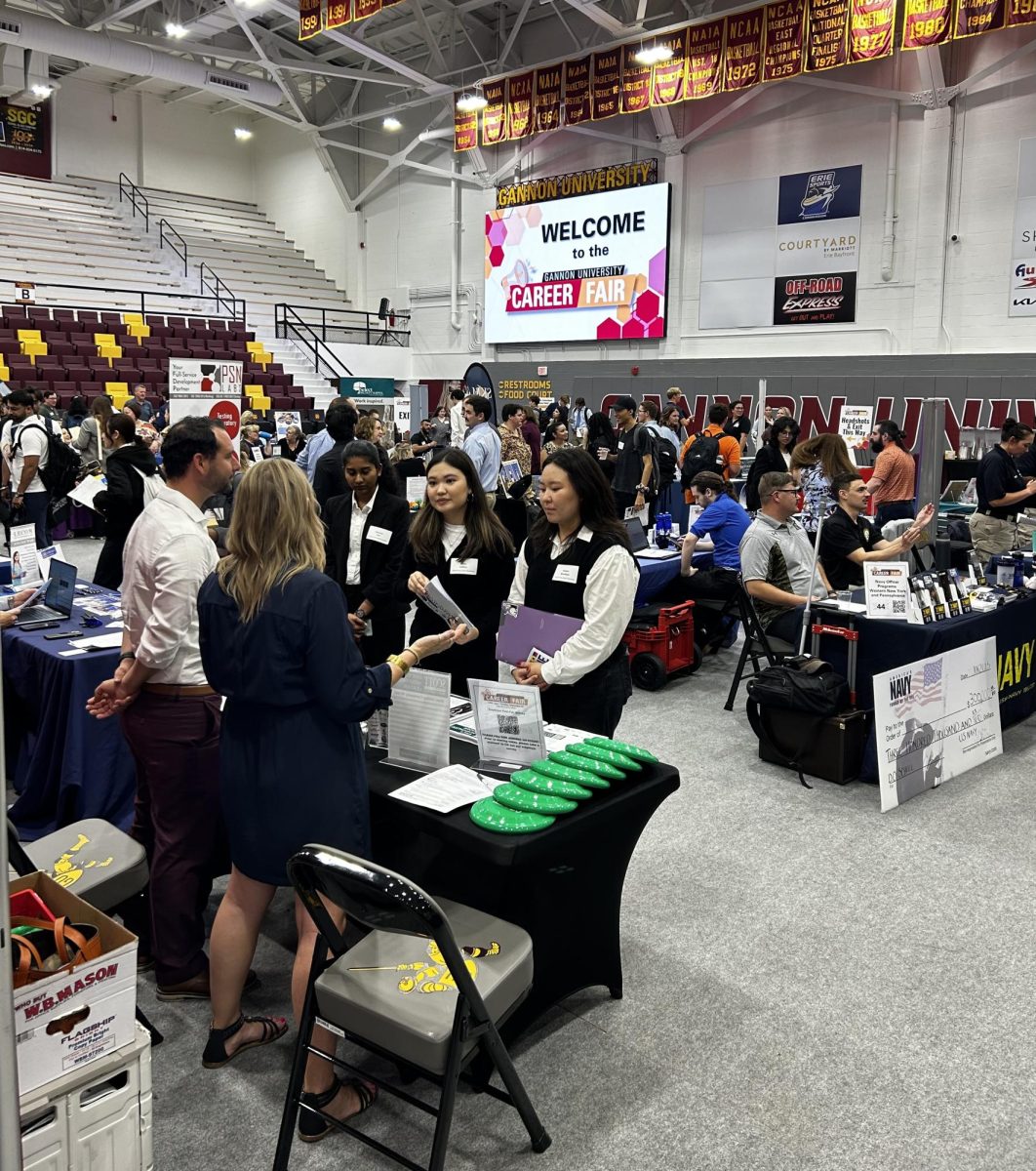Renovations to the Institute for Health and Cyber Knowledge in what is currently the Knight Tower are about to begin.
The renovated building will create several new labs for students, a future data center corporate space and a hatchery that will serve to connect the academic space and the corporate space.
The building is currently being designed and things will get moving soon with the design being finalized, Fong Mak, the program director for cyber engineering and cyber security, said.
“The I-HACK center is in the planning stage,” Mak said.
Ground will be broken in the next few weeks with swift progress expected. Demolition will begin shortly after that.
The renovation is expected to take three years, with the academic space to be finished by the fall of 2020, Walter Iwanenko, Ph.D., the vice president of academic affairs, said. Each year of the renovation has its own phase.
“Demolition will start within the next several weeks,” Iwanenko said.
First, renovation efforts will go toward the lobby on the first floor and the academic space on the second floor, he said. The second year of renovations will focus on the hatchery. The hatchery will be home to several senior student projects, or nests, which will also give them the chance to collaborate with several corporations housed on the fourth and fifth floors of the building. Effectively, the hatchery will serve as a space to bridge the academic space with the corporate space.
The third and final year of the renovation will be focused on finishing the corporate space and the data center on the sixth floor of the building. This data space will hold not only Gannon’s data, but data from several companies that have paid to store their data.
The top floor of the building is dedicated as space to house air conditioning units, elevator machinery and other mechanical equipment.
During the first phase, the academic center in the building will be renovated. This will include faculty offices as well as classrooms. Several labs will also be built, including a cyber attack lab, a cyber defense lab and a cyber innovations lab.
The lobby will also be expanded, Iwanenko said. What already exists will be added on to and made larger, expanding into the current parking garage. A grand center staircase will be built as well.
The first phase alone will be a $10 million to $13 million project. Funding for this project has come from several different places, including private donors and the state.
“We have been blessed because we’ve had some multiple sources of funding,” Iwanenko said. A portion of that funding, and the funding for the I-HACK program, came in the form of a $100,000 donation from 1998 Gannon alumna Stacy Juchno. This donation was then matched by Gannon to create the Juchno Cyber Inovation Fund.
This fund will be used to recruit high-demand faculty and support faculty and student industry-driven research. Gannon’s goal for the fund is to raise it to $400,000. To reach the goal, the university has launched a donation matching campaign.
Before the Knight Tower renovations are finished, the classes in the I-HACK program are being held in the Zurn Science Center.
Once the renovations of the academic floor are complete, the cyber security classes will be held there, Mak said.
Cyber engineering will stay where it currently is, on the third floor of the Zurn Science Center.
So far this hasn’t caused any problems for students in the programs.
Freshman cyber security major Victoria Bartlett said, “Since I only have a few classes directly related to my major this semester, it doesn’t impact me whether that building is open or not. The existing classrooms are proficient for the current class needs.”
Improvements can only be expected for the I-HACK center. The program has already exceeded expectations for the first year. Mak said he expects that to continue over the next several years.
Along with the renovations, the I-HACK programs are focusing on gaining accreditations and National Security Agency certifications in the next few years, he said.
Bartlett said she is also excited for the improvements being made to the building.
“The new building will add many things to my education experience,” Bartlett said. “It will be crucial to understanding all of the aspects of my major and will help me apply the knowledge we have been learning and practice executing the concepts in real life.”
ALEXA ROGERS
[email protected]








